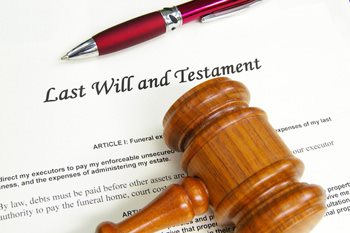A Full Guide to Probates
Probate is the legal process that involves the distribution of a person’s estate after death. How such assets are to be disbursed will vary, particularly if the deceased leaves behind a will dictating which individuals are to receive what assets or possessions.
However, in general terms, through the probate process, a deceased individual’s estate and assets will be distributed to heirs and creditors.
The probate process in the United States will vary from state to state and jurisdiction to jurisdiction, so it is often strongly recommended that probate lawyers who are experienced in the probate process be hired to help through the involved legal procedures.
What is Involved in the Probate Process?
The probate process will prove to have various steps and procedures. Firstly, the determination that the deceased left a valid will behind is crucial.
A Last Will and Testament will be the legal document which will dictate how the deceased assets and estate are to be distributed among family members and loved ones. In the will, an executor will be assigned, who is the individual nominated by the testator, or deceased person, to carry the terms of the will.
An executor will usually be a child of the deceased, though any other family member or individual can be designated to such role. Often times, wills are drafted with the help of attorneys, which can prove to be a valuable source in assisting the executor through the probate process. The fees for the attorney’s services are usually provided within the will to be paid by the remaining estate.
The executor of the will must take into account all of the property, possessions, and assets of the deceased, helping establish a monetary value to the estate.
Any creditors involved will be notified of the individual’s death, at which time will have a certain time frame to present any debt incurred by the testator that is to be rendered. The debts will usually be settled through the estate and assets, and the remainder of the estate is then to be distributed in accordance to the will.
If there is no will present, the state will be responsible for determining how the assets are to be distributed, usually taking into account the relationship of people to deceased as a priority.
Inheritors and Probate
An issue that is often times of concern arises when the testator or deceased’s assets will prove to not cover an incurred or present debt. It should be noted that all creditors are to collect debts directly from the estate or assets of the deceased, not the heirs. Even in the case that the assets do not hold enough value to settle existing debts, heirs are not held responsible to provide the debts of the deceased.
Creditors will often times seek to collect debts from the heirs, though such practice is considered to be illegal and be reported appropriately. The only time creditors may be founded in their collection of debts from heirs in in the case that an heir co-signed for a loan, where he/she will be considered responsible and accountable to cover the remainder of a loan or debt.
